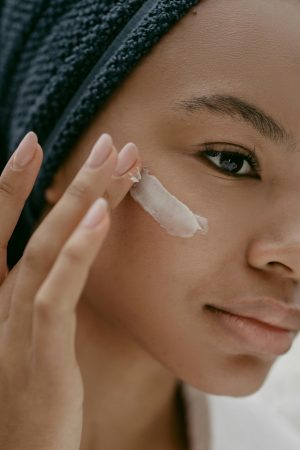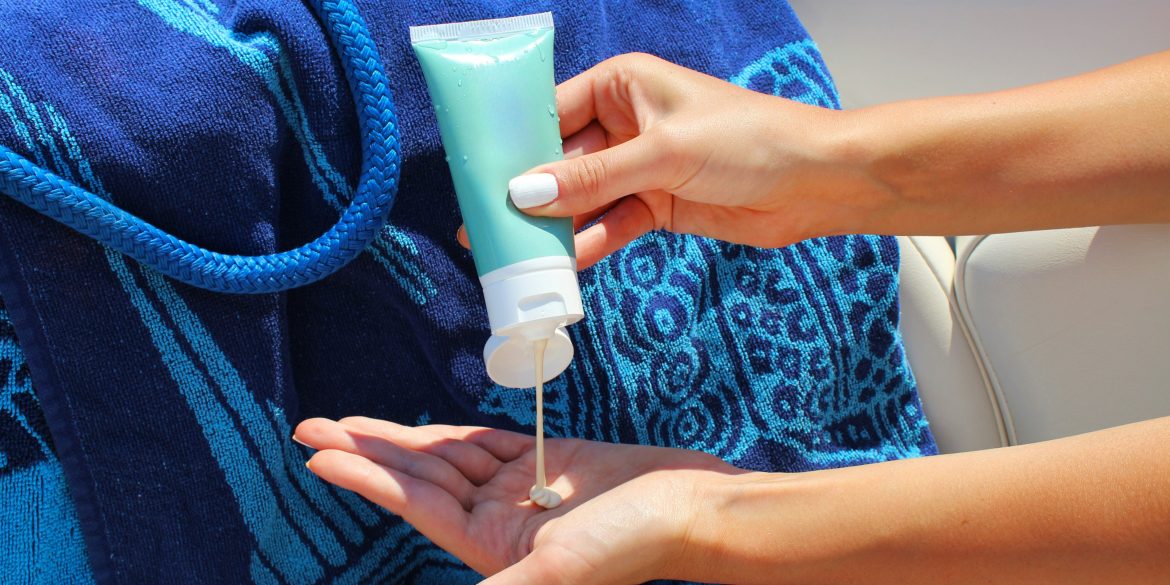We all know sunblock is a crucial step in our skincare routine (even in winter). But what about the rest of your body? And do you really need to use different sunblock for your face and your body?
The answer is yes.

Pexels
Why you might need different sunblock
The skin on your face is more delicate and sensitive than the skin on your body. Facial skin is often exposed to the sun more frequently and for longer periods, making it more prone to damage. Additionally, the face tends to have more sebaceous glands, leading to oilier skin that can react differently to products. Therefore, the formulation of facial sunblock is often designed to address these specific needs.
Facial sunblock is typically lighter, less greasy, and less likely to clog pores. They often contain added skincare benefits like antioxidants, anti-ageing ingredients, and moisturizing agents. Body sunblock, on the other hand, is usually formulated to cover larger areas of skin and might be thicker and more robust to ensure effective protection.
Understanding the SPF factor
SPF, or Sun Protection Factor, is a measure of how well a sunscreen will protect skin from UVB rays, the kind of radiation that causes sunburn and contributes to skin cancer. While you might think that the SPF rating should be the same for all sunblock, facial skin often requires a higher SPF due to its constant exposure to the elements. Dermatologists generally recommend using a sunblock with at least SPF 30 on the face.
Sunblock for your face

Pexels
Facial sunblock are formulated to be non-comedogenic, meaning they won’t block pores and cause breakouts. They also often contain ingredients that help to soothe and hydrate the skin. For instance, facial sunblock might include hyaluronic acid for hydration, niacinamide for its anti-inflammatory properties, or vitamin C for its antioxidant benefits.
Sunblock for your body
Body sunblock are designed to cover larger areas and withstand more rigorous conditions such as swimming, sweating, and physical activities. They are often thicker and might be more water-resistant. However, using them on your face might result in clogged pores and breakouts due to their heavier formulation.
The importance of wearing sunblock – even in winter
One of the biggest misconceptions about sun protection is that it’s only necessary during summer or on sunny days. In reality, UV rays can penetrate through clouds and even glass, making it essential to wear sunblock year-round. UVA rays, in particular, can cause long-term skin damage and contribute to premature ageing, regardless of the season.
ALSO SEE: Why you should never skip the sunscreen
During winter, the sun’s rays can be just as harmful, especially at higher altitudes or in snowy environments where UV rays can reflect off the snow. Wearing sunblock daily helps protect your skin from these harmful effects, reduces the risk of skin cancer, and keeps your skin looking youthful and healthy.

Pexels
Choosing the right sunblock for your needs
When choosing a sunblock, consider your skin type, your daily activities, and your specific skincare needs. If you have oily or acne-prone skin, opt for a lightweight, oil-free facial sunblock. For those with dry skin, a hydrating sunblock with added moisturizers would be beneficial. For outdoor activities, a water-resistant body sunblock is ideal.
ALSO SEE:
Featured Image: Unsplash | edited using Canva

